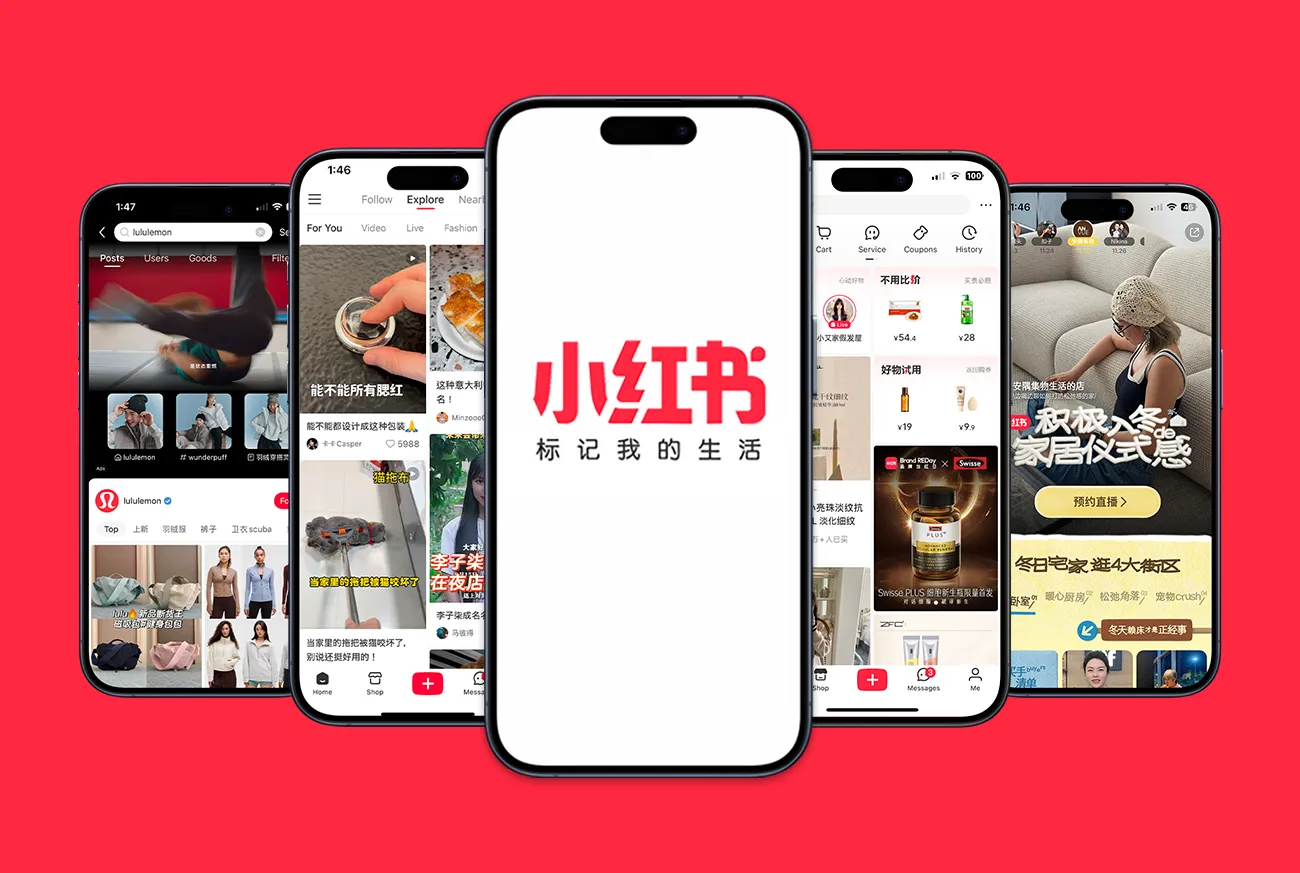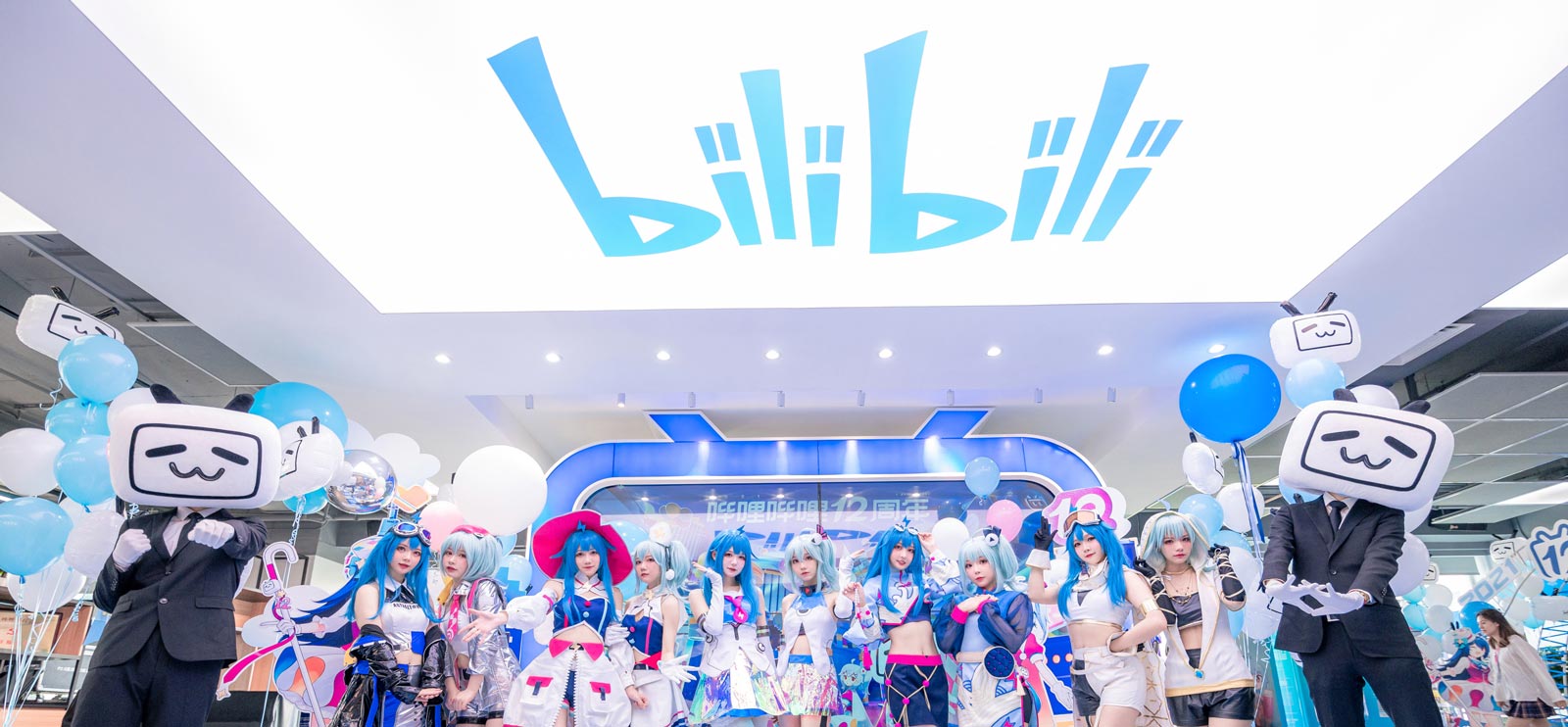Thanks to rising disposable incomes in urban areas, consumers in China are increasingly interested in health and beauty products such as cosmetics, perfumes, fashion accessories, and vitamin supplements.
The Chinese beauty, cosmetics, and grooming market is second only to the US in terms of size and maturity after several years of rapid expansion. Although some newbies to the industry have begun to climb the rankings, foreign brands continue to outperform domestic players.
Beauty Brands and WeChat
Brands in China are turning to the WeChat app to move beyond generic marketing and into a more personal level of connection, interaction, and targeting. Many people are discovering that using WeChat to take a customer-centric strategy produces greater results than merely posting and sharing blogs and other information.
Offering unique deals and exclusive content to subscribers, samples for testing, live event invites, games and competitions with rewards, and loyalty programmes are all examples of connecting with WeChat.
Why WeChat for Digital Marketing?
With so much growth expected in the cosmetics industry, it’s critical for companies to establish brand recognition in China. WeChat accounts for 47% of all mobile time spent and has 1.1 billion daily users, so it goes without saying that this app is critical for organisations looking to expand their digital presence in China.
WeChat has accumulated a vast amount of user data as a result of its many capabilities and large community. In marketing, this translates to extremely useful data for Paid Media initiatives. In fact, many Chinese businesses begin their digital presence on WeChat before developing their own website or app.
How can WeChat Benefit your Beauty & Service Business?
- Subscribers can get discounts, rewards, games, entertainment, interactive experiences, and other perks.
- To fine-tune and optimise targeting based on interest, divide the audience into categories.
- Customers can be geo-targeted and informed about upcoming in-store deals and specials.
- Provide customised beauty solutions for each customer.
- Interact and communicate with people one-on-one rather than in groups.
- Provide a personalised answer to questions and inquiries (as opposed to automated).
- During occasions that involve gift-giving, promote and offer extraordinary one-of-a-kind gifts (such as Chinese New Year).
Conclusion
WeChat Ads are a hot trend in China for breaking through and winning over the audience. WeChat offers a wide range of utilities and targets, making it a wonderful chance for businesses and marketers looking to break into China.
While WeChat has a lot of potential for beauty firms, getting started can be difficult. Get in touch with our team if you need assistance with this. We use our experience and knowledge to help businesses establish a digital marketing plan that better targets and communicates with Chinese consumers. Contact us via phone or email for more information.



